Origin Type
Kashmir region has been producing rugs for about four hundred years probably due to the influence of the the first Muslim ruler of Kashmir, Shah Mir in 1349 and the Mughals, who ruled from 1526 until 1751. However, the commercial carpet industry really began to developed in the late 19th century. The finest silk rugs produced in India are found in Srinagar, Kashmir. Most designs have adopted patterns and designs introduced from Persia. Kashmir silk rugs mainly use curvilinear floral patterns employing the Shah Abbas motifs either with a central medallion or an all-over pattern, employing a field filled with crowded flowers, palmettes, and vines. Kashmir rugs are renowned to have bright, jewel-like color tones such as sapphire blue, ruby red, emerald green, aquamarine, amethyst, and ivory. Rugs from Kashmir traditionally employ oriental, floral designs that typically utilize motifs such as the boteh motifs, Central medallion, Prayer rug pattern, tree-of-life, panel Garden designs which are typically found in the more expensive Qom rugs.
Kashmir rugs are made in a range of sizes and qualities. The usual quality found is what is referred to as a 16/16 (16 knots by 16 knots) per square inch or an 18/18(18 knots by 18 knots)per square inch. In metric this would be 360.000knots/m2 and 500.00knots/m2 respectively. These qualities usually are not so durable and may have a mixture of mercerized cotton(‘art silk’) and natural silk in the pile which considerably reduces the durability and price of the rug. The warp and weft of 16/16 and 18/18 rugs are usually cotton. At Bizsan we recommend the higher quality 24/24 (24 knots by 24 knots) or 26/26(26 knots by 26 knots)per square inch(approximately 900.000-1000.000knots/m2) because genuine pure unmixed silk is used for the pile and the warp making the rug more durable and valuable in the long run. These qualities begin to be comparable to the Iranian Qom rugs but are much lower in price than there counterpart. In the last few years Kashmir rugs are becoming the preferred silk rug due to the limited numbers of silk rugs produced in Qom, Iran and the much higher prices Qom’s rug are demanding on the market.


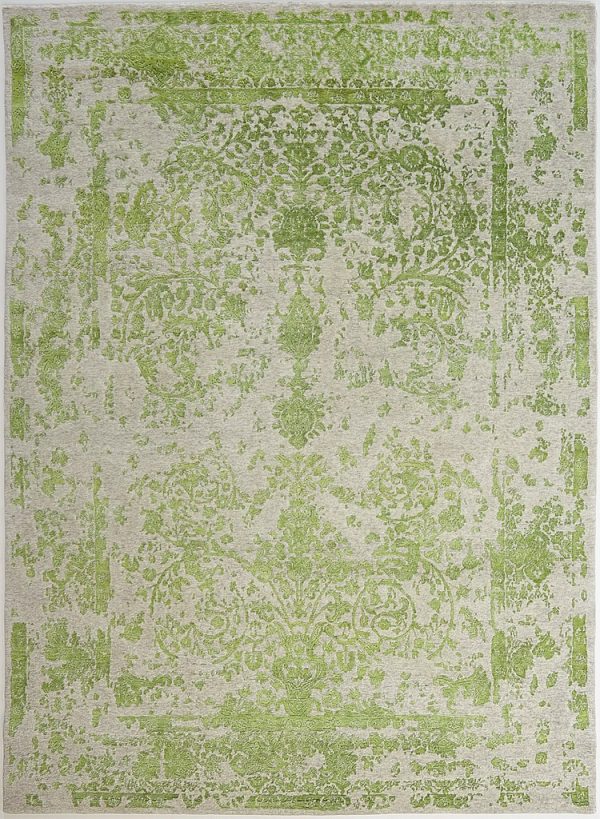
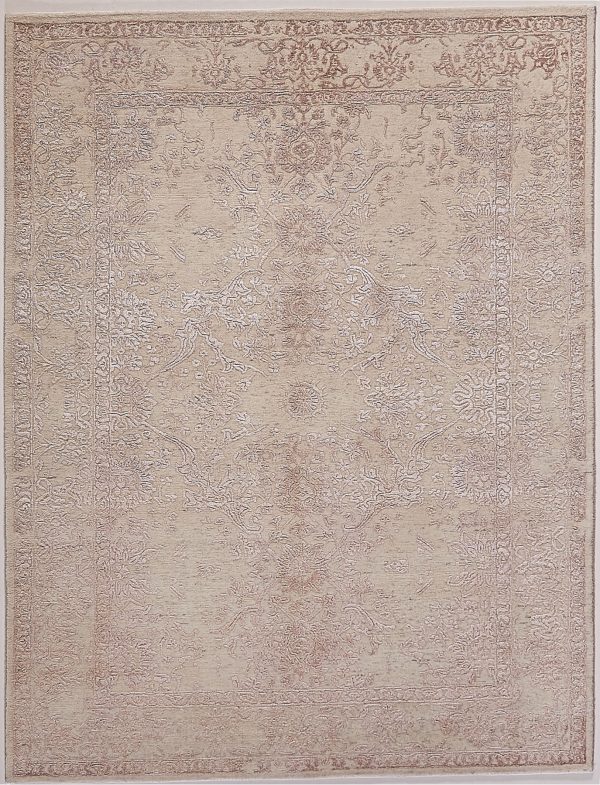
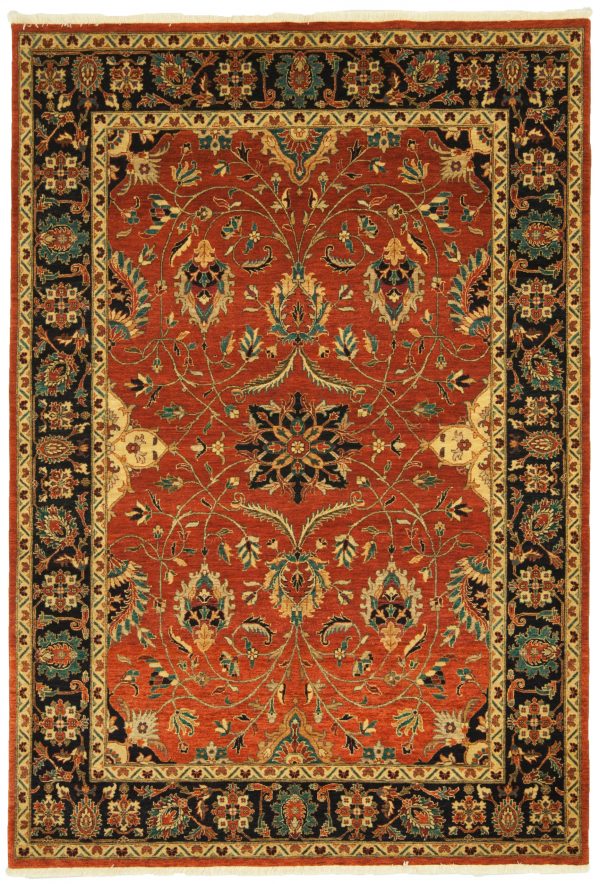
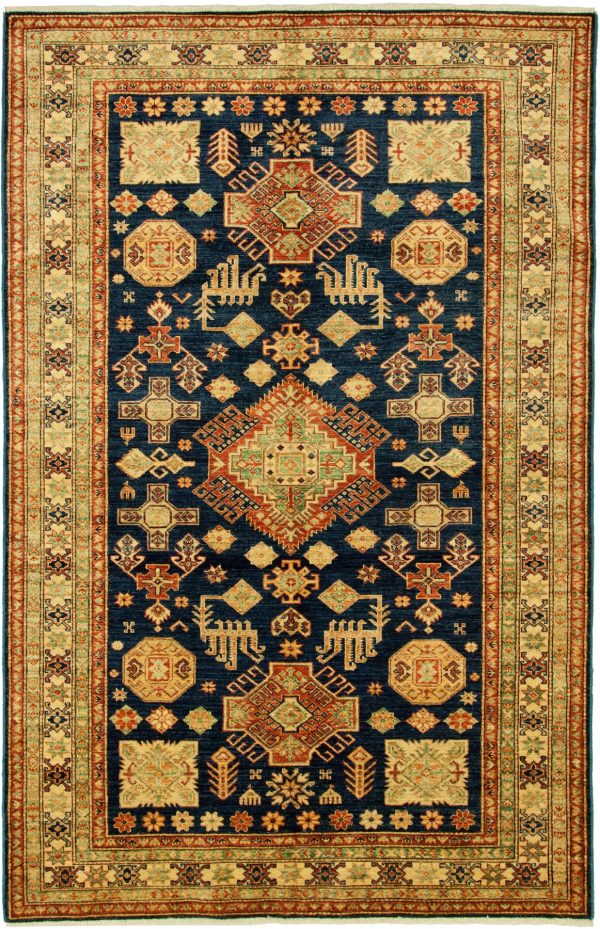

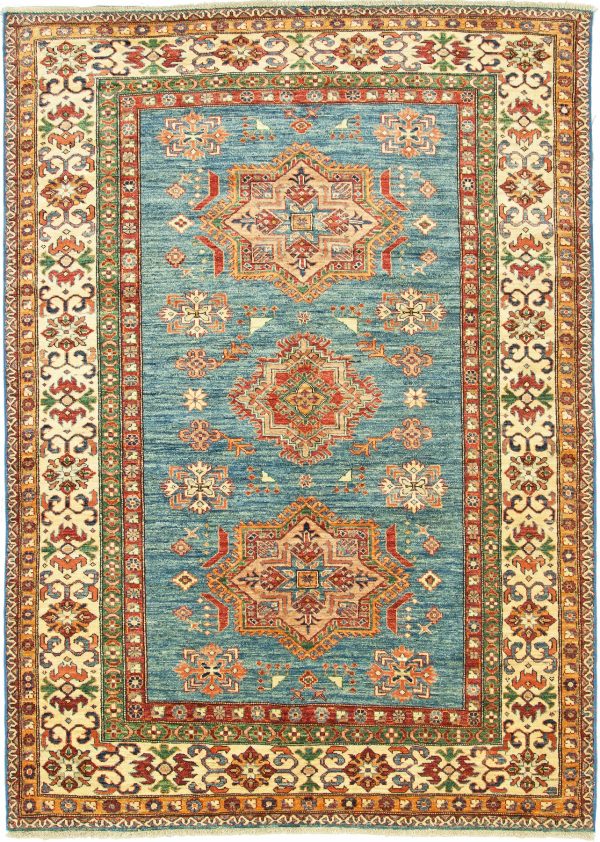
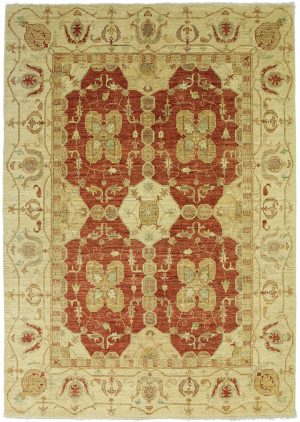
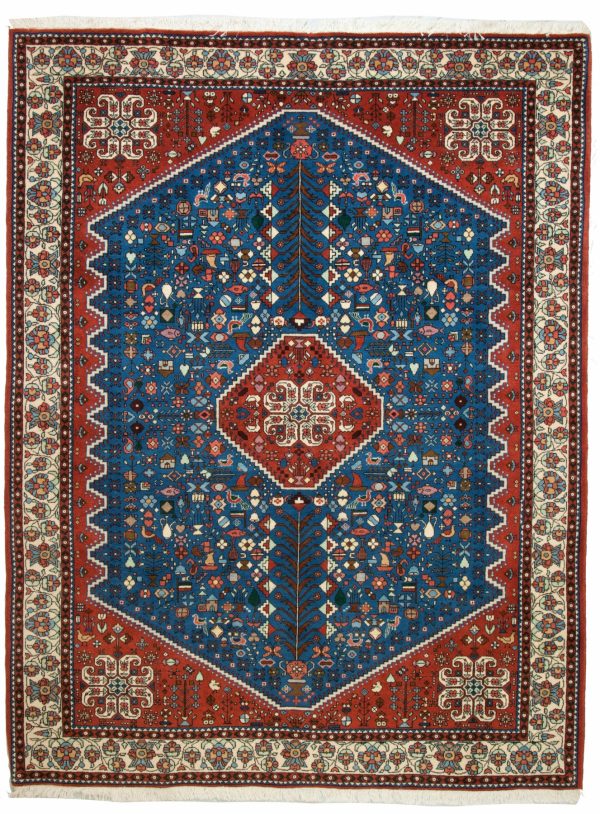
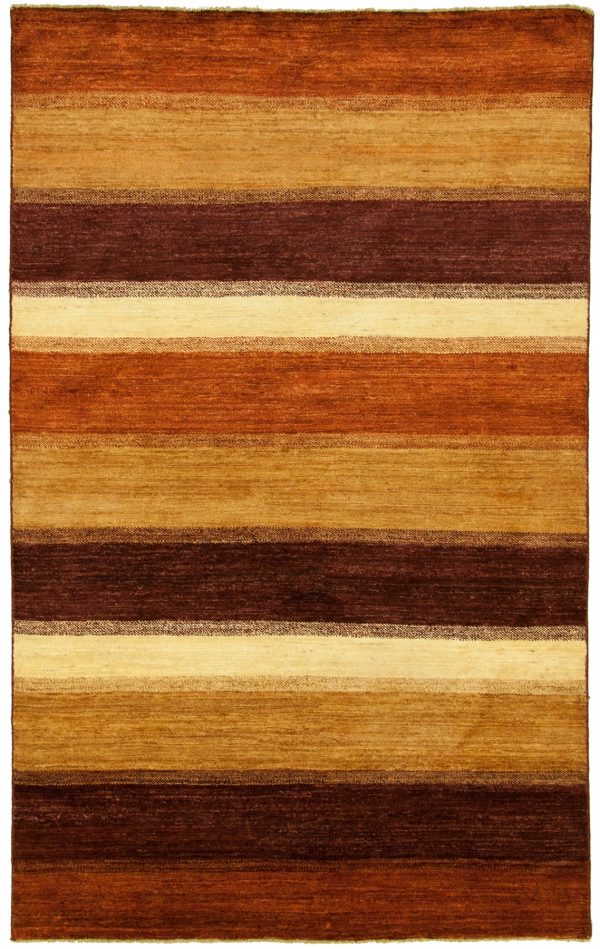
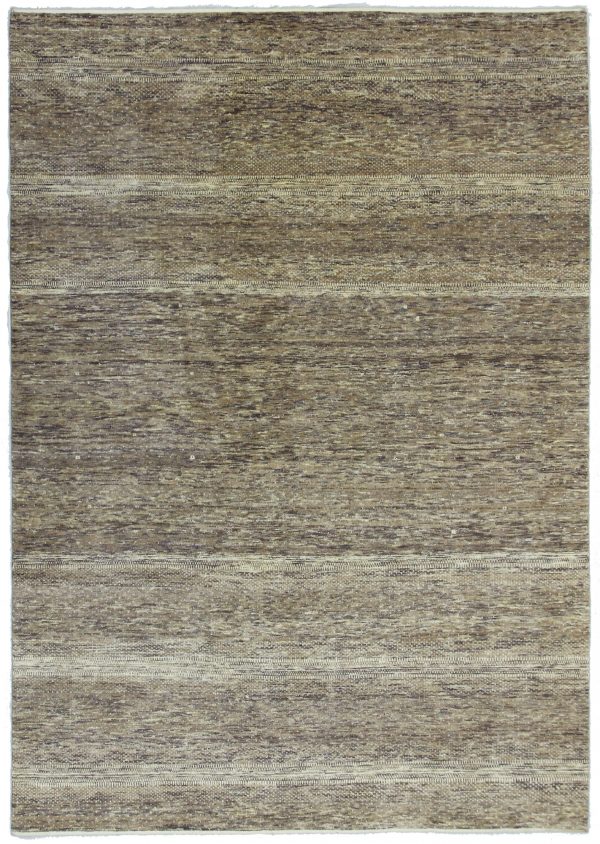
Reviews
There are no reviews yet.